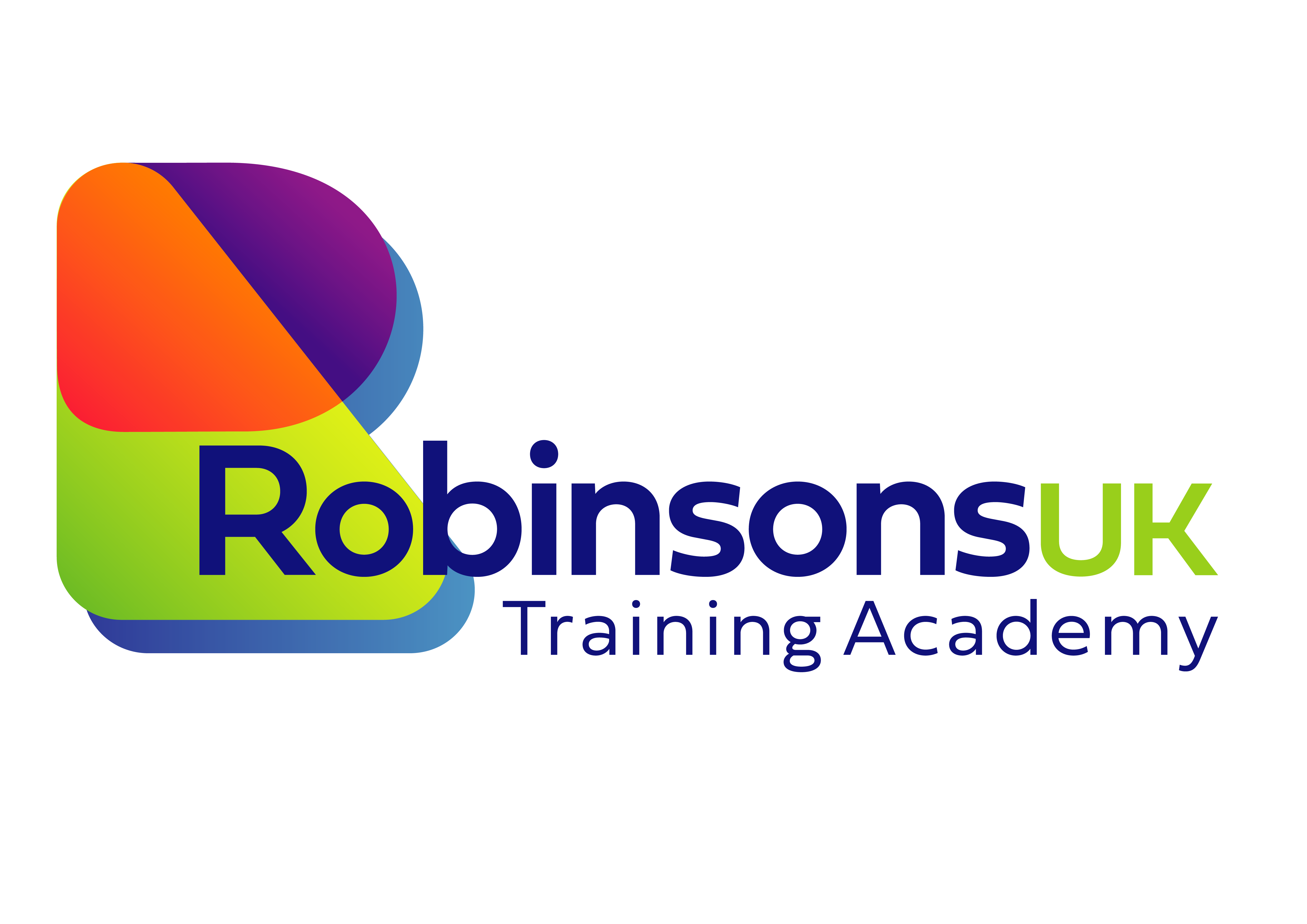What's included?
Duration: approximately 6 months – theory training + additional work experience + portfolio building time
Cost: £4500 + VAT including all training, support, materials, assessments and certification for MLP and ACS
Pre-requisites
Although there are no industry pre-requisites to this course it is recommended that you have up to date numeracy qualifications.
Work experience must be in place prior to starting the course. Gas Diploma candidates must undertake a minimum of 6 months on-site and Centre-based training.
CCN1 (inc CPA1) - core gas safety
- Gas Safety Regulations
- Emergency Actions
- Combustion
- Ventilation
- Flueing
- Gas pipework
- Let-by & tightness testing
- Re-establishing gas supplies
- Pressure regulators
- Gas rates & pressures
- Gas controls
- Emergency valves
- Unsafe situations
As you can see CCN1 contains several modules and therefore training takes a number of days to complete. You must also allow time to undertake and successfully pass the associated theory and practical assessments associated with CCN1. These can also take a day or more to complete, again dependant upon the time you as an individual might need.
CENWAT1 - central heating, boilers and water heaters
- Checking the Heating requirements & appliance outputs
- Checking the intended installation site.
- The gas connection and supply pipes
- Securing the appliance correctly
- Ventilation requirements
- Flueing requirements, including condensate outflow
- Tightness testing
- Operating pressures
- Flushing, commissioning and testing the appliance / system
- Other ‘site specific’ checks and tests
CENWAT1 training is normally completed within a day, plus additional time to sit the theory & practical assessments. Please also note that since April 2012 CPA1, Flue gas analysers, are also a mandatory requirement, linked in with CENWAT training & assessment.
CPA1 - combustion performance analysis
- Overview of flue gas analysis
- The detection and measurement of gaseous particles in the air / flue-ways
- The dangers of carbon monoxide and it’s affect on health / life
- Measuring % oxygen levels present
- The use of analysers to check correct combustion and gas rates
- Testing operational efficiency of appliances
- Assisting to determine whether appliances require further maintenance
- Safe actions to undertake, based upon measurements detected
- Other ‘site specific’ checks and tests
